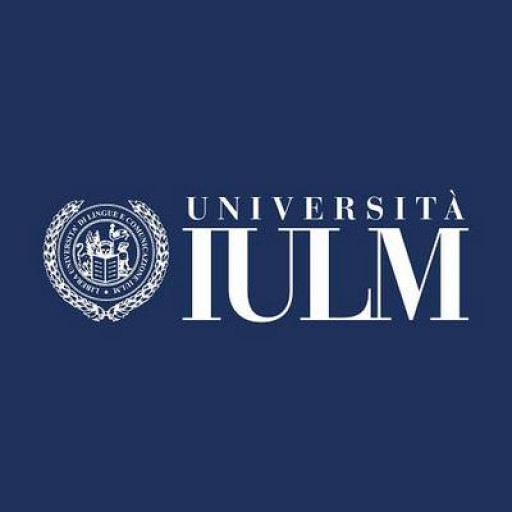Photos of university / #uva_amsterdam
The Research Master's programme Cultural Analysis is dedicated to the interdisciplinary analysis of culture at large.
Since its beginnings in 2001, the Research Master's programme Cultural Analysis has rapidly gained a leading reputation in the field and is constantly attracting growing numbers of high-level applicants from around the world. The programme is dedicated to the interdisciplinary analysis of culture at large. Cultural phenomena such as works of art and literature, cinema and new media, popular culture, as well as social belief and value systems are examined and analysed. Emphasis is placed on textual, visual and historical details in the context of the social, political or aesthetic movements that underpin them. Their implied normativity and the ways in which identity, difference and otherness are negotiated across the cultural spectrum are questioned. The University of Amsterdam's (UvA) Cultural Analysis research programme is unique in the Netherlands and one of the leading programmes of its kind worldwide. Its curriculum reflects the research activities of the Amsterdam School for Cultural Analysis (ASCA).
This programme prepares participants for entry into a related PhD programme. The programme is dedicated to the interdisciplinary study and analysis of contemporary culture. It seeks to enhance analytical skills and to train students to explore a field of study and an object of inquiry that is not necessarily deducible from or reducible to disciplinary traditions.
Programme outline
The programme yields a total of 120 ECTS credits: for three core courses, electives, tutorials and a supervised individual research project (Master's thesis). Students with a related Master's degree should be able to complete the programme in one year (70 ECTS credits).
The specific number of credits a student is required to obtain through coursework is determined by the admissions committee and is based on the student's previous qualifications. Fulfilment of all of the requirements will take at least two years.
Courses
The core courses and electives all take the form of seminars devoted to the detailed study of texts, cultural objects, theories and methodologies in the field of cultural analysis. Tutorials are small groups of up to five students who work together under specialists' supervision. They provide an intellectually challenging and stimulating context in which students can narrow their focus. The core courses, electives and tutorials provide the training and preparation necessary for writing the Master's thesis (which can also serve as the basis for future research, such as for a PhD).
Research activities
Students are encouraged to participate in additional ongoing research activities, including international workshops and conferences organised through ASCA. Recent ASCA guest lecturers have included: Anselm Haverkamp, Diane Crane, Judith Butler, Cesare Casarino, Szusa Baross, Geoffrey Hartman, Murray Pratt and Sam Weber.
Thesis
The Master's thesis is a research project carried out by the student under the supervision of two members of the academic staff involved in the programme. The subject of the thesis must be mutually agreed upon by the student and the academic adviser(s). Researching and writing the thesis takes at least six months.
Degree requirements
Upon successful completion of the Master's programme, students receive a Master's degree in Cultural Analysis and the title Master of Arts (MA).
Credit transfer
Students who show exceptional promise during a regular or professional Master's programme are encouraged to continue their studies in a research programme. Once students are admitted to the research programme, they can transfer credits earned during their previous course of study towards their Research Master's degree. The examination committee determines which courses qualify for transfer.
Want to improve your English level for admission?
Prepare for the program requirements with English Online by the British Council.
- ✔️ Flexible study schedule
- ✔️ Experienced teachers
- ✔️ Certificate upon completion
📘 Recommended for students with an IELTS level of 6.0 or below.
Scholarships / Grants:
The University of Amsterdam:
The University of Amsterdam provides a limited number of full and partial scholarships for excellent students from outside the European Economic Area. The Amsterdam Merit Scholarships have specifically been designed to offer talented, ambitious and dedicated students the opportunity to pursue a Mast
For additional information: Website
Accreditation
Accredited by: NVAO in: The Netherlands









